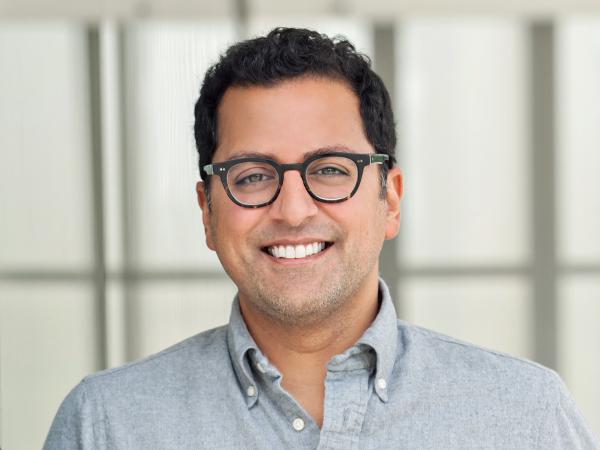EIHS Lecture: The Impostor Sea: The Making of the Medieval Mediterranean
Hussein Fancy, University of Michigan
Abstract: The past century of scholarship has offered two competing views of the medieval Mediterranean: a zone of intense conflict or one of intense connectivity. Grounded in Latin, Romance, and Arabic sources, this lecture traces the activities of criminal merchants—smugglers—who populated the thirteenth- and fourteenth- century Mediterranean, in order to rethink the relationship between religion and economy. I approach these figures not as “enemies of all” but rather as central to the making of the late medieval Mediterranean. I argue that efforts to regulate illicit activity reflected an important juridical turn that profoundly shaped the emergence of new religious, territorial, and racial boundaries.
Hussein Fancy’s research and writing focus on the social, cultural, and intellectual history of religious interaction in the medieval Mediterranean. In particular, he is interested in projects that combine the use of Latin, Arabic, and Romance archival sources. His first book, The Mercenary Mediterranean, which recently received the Verbruggen Prize for military history, examined the service of Muslim soldiers from North Africa to the Christian kings of the Crown of Aragon in the thirteenth and fourteenth centuries. Far from marking the triumph of toleration, he argued, the alliance of Christian kings and Muslim soldiers depended on and reproduced ideas of religious difference. He is currently working on two projects. The first, entitled The Impostor Sea: The Making of the Medieval Mediterranean, follows the activities of criminal merchants—pirates and smugglers—in order to rethink the relationship between religion and trade. Rather than “enemies of all,” this book argues that these figures were central to the making of new legal, religious, and racial boundaries in the late medieval Mediterranean. The second, entitled The Eastern Question, examines western views of Islam from the seventh century to the present. Professor Fancy has been the recipient of numerous awards and fellowships. Most notably, he was a Junior Fellow of the Michigan Society of Fellows, a Carnegie Scholar, an ACLS Fellow, and a Rome Prize Fellow at the American Academy in Rome.
Free and open to the public.
This event is part of the Thursday Series of the Eisenberg Institute for Historical Studies. It is made possible by a generous contribution from Kenneth and Frances Aftel Eisenberg.
Hussein Fancy’s research and writing focus on the social, cultural, and intellectual history of religious interaction in the medieval Mediterranean. In particular, he is interested in projects that combine the use of Latin, Arabic, and Romance archival sources. His first book, The Mercenary Mediterranean, which recently received the Verbruggen Prize for military history, examined the service of Muslim soldiers from North Africa to the Christian kings of the Crown of Aragon in the thirteenth and fourteenth centuries. Far from marking the triumph of toleration, he argued, the alliance of Christian kings and Muslim soldiers depended on and reproduced ideas of religious difference. He is currently working on two projects. The first, entitled The Impostor Sea: The Making of the Medieval Mediterranean, follows the activities of criminal merchants—pirates and smugglers—in order to rethink the relationship between religion and trade. Rather than “enemies of all,” this book argues that these figures were central to the making of new legal, religious, and racial boundaries in the late medieval Mediterranean. The second, entitled The Eastern Question, examines western views of Islam from the seventh century to the present. Professor Fancy has been the recipient of numerous awards and fellowships. Most notably, he was a Junior Fellow of the Michigan Society of Fellows, a Carnegie Scholar, an ACLS Fellow, and a Rome Prize Fellow at the American Academy in Rome.
Free and open to the public.
This event is part of the Thursday Series of the Eisenberg Institute for Historical Studies. It is made possible by a generous contribution from Kenneth and Frances Aftel Eisenberg.
| Building: | Tisch Hall |
|---|---|
| Event Type: | Lecture / Discussion |
| Tags: | History |
| Source: | Happening @ Michigan from Eisenberg Institute for Historical Studies, Medieval and Early Modern Studies (MEMS), Department of History |
The Thursday Series is the core of the institute's scholarly program, hosting distinguished guests who examine methodological, analytical, and theoretical issues in the field of history.
The Friday Series consists mostly of panel-style workshops highlighting U-M graduate students. On occasion, events may include lectures, seminars, or other programs presented by visiting scholars.
The insitute also hosts other historical programming, including lectures, film screenings, author appearances, and similar events aimed at a broader public audience.


